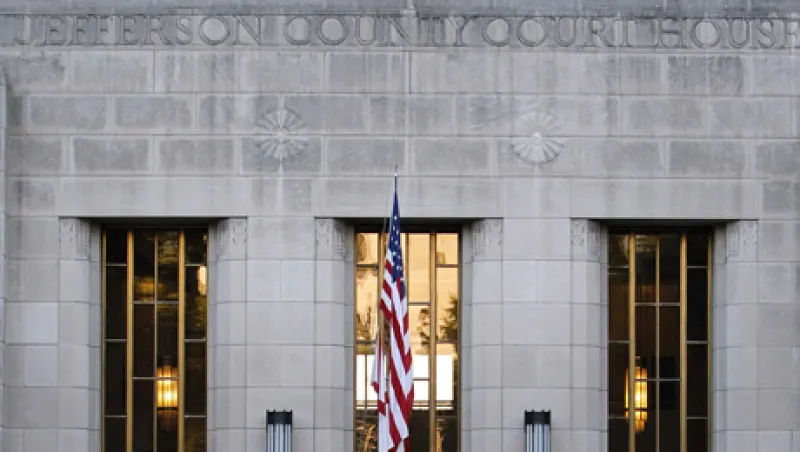
Muni Suits Pose New Legal Threat to Banks
Banks face new charges over Alabama municipal bond deals, thanks to the bankruptcy of Jefferson County, and that could spell further trouble.
Udayan Gupta
October 1, 2012


